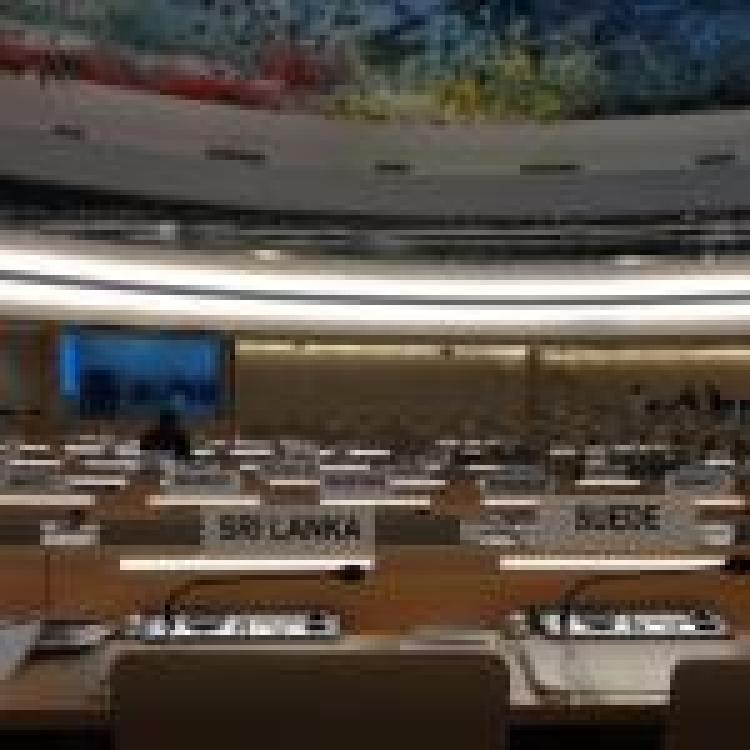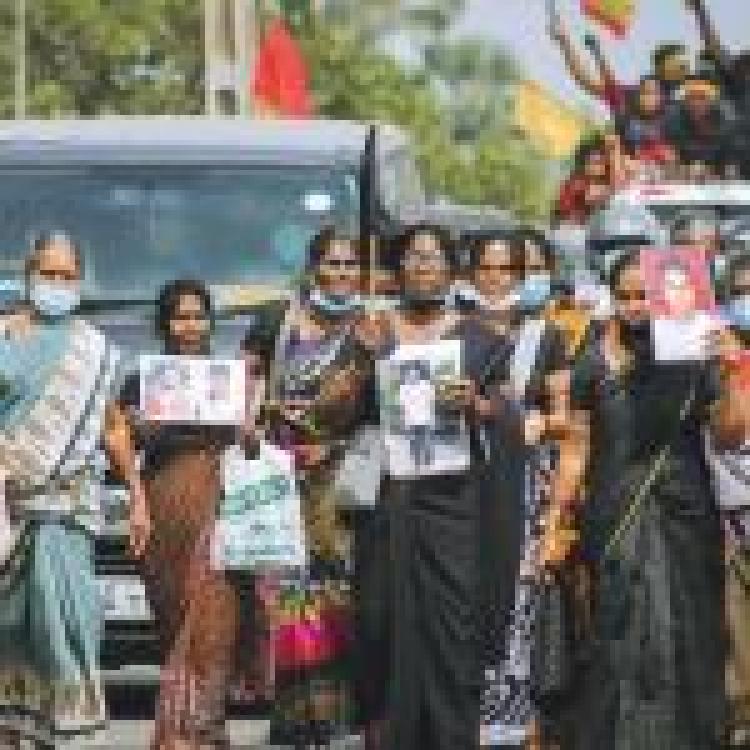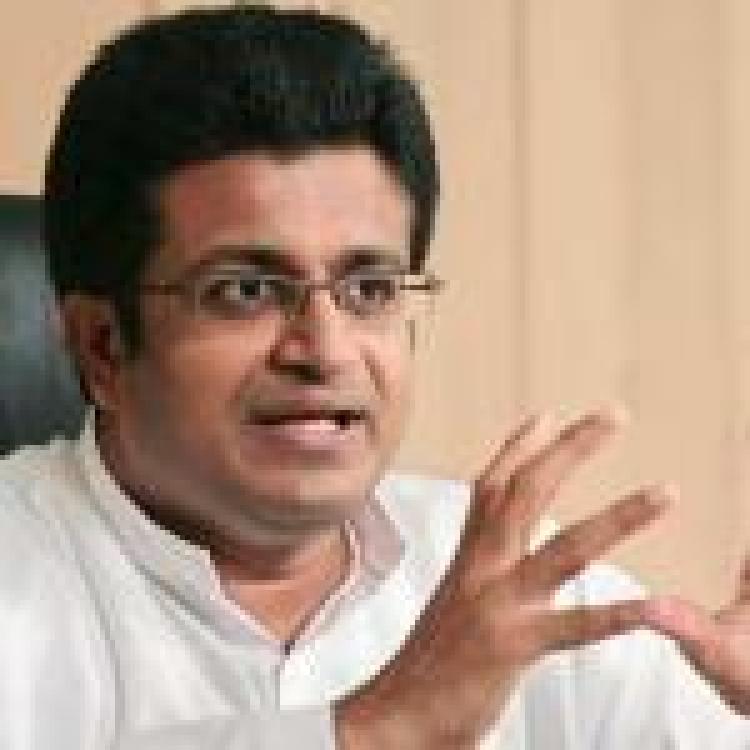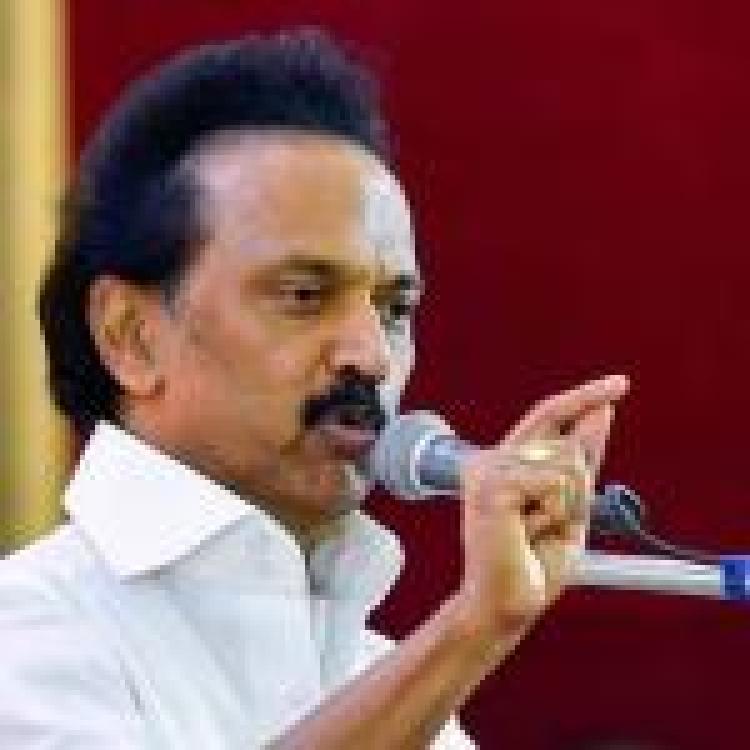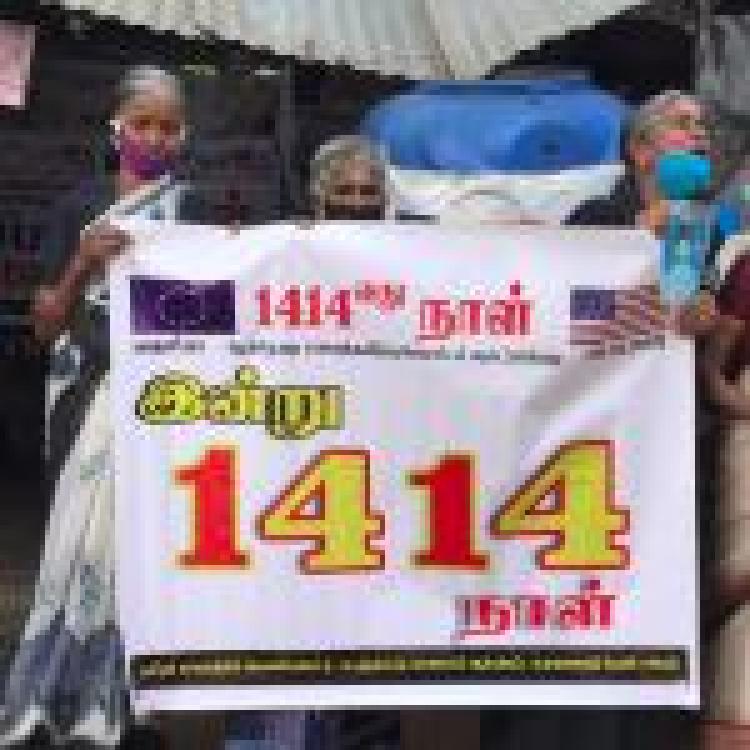![]()
Writing in the Hindu, Meenakshi Ganguly, South Asian Director at Human Rights Watch, calls upon India to fulfil its obligations and support a strong resolution at the next UN Human Rights Council session which aims to “reduce the growing risk of future atrocities” in Sri Lanka.
In her piece, Ganguly highlights not only India’s commitments, to ensure that Tamils in Sri Lanka “live with equity, equality, justice, peace and dignity”, but also the worsening human rights situations in Sri Lanka. Ganguly notes the increasing abuses Tamils have faced in the North-East; the attacks on the rights of religious minorities, including interference with Hindu temples; the destruction of the Mullivaikkal memorial in Jaffna; and the criminal investigations those who participated in the P2P protests now face.
In addition to these abuses, Ganguly raises the issue of Sri Lanka’s Presidential Commission to investigate “political victimisation” which seeks to exonerate those implicated in egregious human rights abuses and war crimes. Many of those implicated in those abuses have now been appointed to senior cabinet positions.
Ganguly highlights Rajapaksa’s direct role in wartime atrocities serving as defence secretary in his brother’s administration from 2005 to 2015. During this period tens of thousands of Tamil civilians were slaughtered, and government critics were “murdered, tortured, and forcibly made to disappear”. Sri Lanka’s armed forces indiscriminately shelled civilians and summarily executed suspected LTTE fighters.
According to former UN Human Rights High Commissioner, Navi Pillay, Gotabaya Rajapaksa “is named in various reports as the individual most responsible for mass violations during the final attack in 2009”.
Sri Lanka’s outright disdain for accountability, Ganguly notes, has been present throughout the Rajapaksa administration. Last March, Rajapaksa pardoned former army sergeant Sunil Ratnayake, who killed eight Tamil civilians, including children. In October, the government amended the Constitution to remove constraints on political interference in Sri Lanka’s courts.
Ganguly maintains that Sri Lanka’s proposed new domestic commission lacks credibility or independence and calls upon the UNHRC to put an end to Sri Lanka’s efforts to impede justice. She further states that the “Human Rights Council will face a crucial test in taking action for protecting vulnerable Sri Lankans and upholding international law. India, as a council member, will have a key role”.
Read her full piece here.

